All Kent Addiction Treatment Centers
-
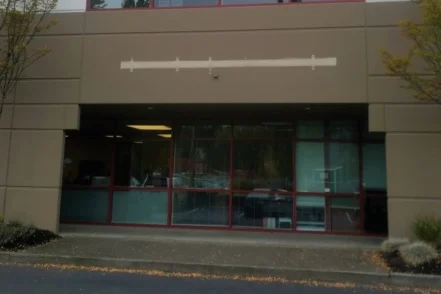
ABHC Associated Behavioral Health Care Kent
841 Central Avenue North, Suite C - 215
Kent, Washington 98032Treatment Programs
- Alcohol Rehab
- Dual Diagnosis
- Opioid Addiction
- +4
Insurance
- Private insurance
- Self-pay options
- +2
-
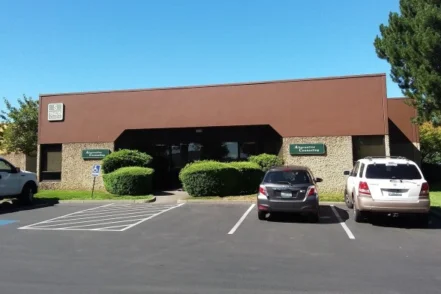
Alternative Counseling Kent
19435 West Valley Highway, Suite S-109
Kent, Washington 98032Treatment Programs
- Alcohol Rehab
- Dual Diagnosis
- Opioid Addiction
- +4
Insurance
- Private insurance
- Self-pay options
- +2
-
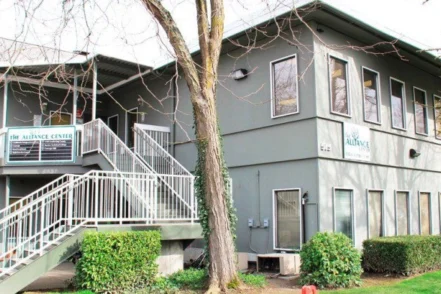
Consejo Counseling and Referral Service Kent
515 West Harrison Street, Suite 109
Kent, Washington 98032Treatment Programs
- Alcohol Rehab
- Dual Diagnosis
- Opioid Addiction
- +6
Insurance
- Medicaid
- Financing available
- +5
-
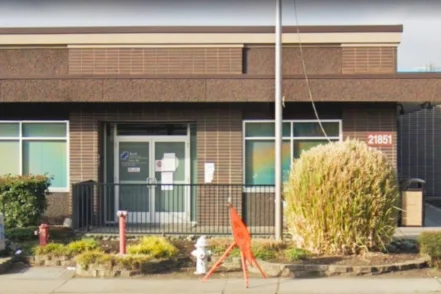
Kent Treatment Solutions
21851 84th Ave South, Suite 101
Kent, Washington 98032Treatment Programs
- Opioid Addiction
- Drug Rehab
- Adult Program
- +3
Insurance
- Self-pay options
- Private insurance
-
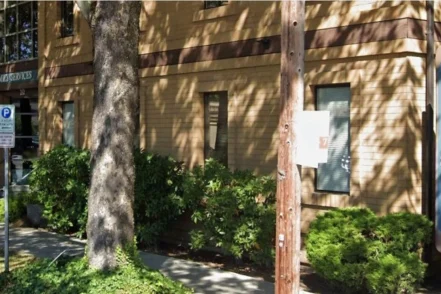
Kent Youth and Family Services
232 2Nd Avenue South, Suite 201
Kent, Washington 98032Treatment Programs
- Dual Diagnosis
- Young Adult Rehab
- LGBTQ Friendly Rehab
- +2
Insurance
- Medicaid
- Private insurance
- +3
-
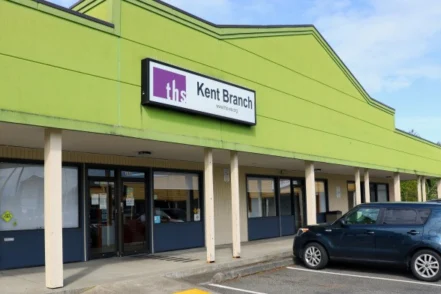
THS Therapeutic Health Services Kent
24823 South Pacific Highway, Suite 103
Kent, Washington 98032Treatment Programs
- Alcohol Rehab
- Dual Diagnosis
- Opioid Addiction
- +6
Insurance
- Free
- Self-pay options
- +6
-
Sea Mar Community Health Centers Kent
233 2nd Avenue S
Kent, Washington 98032Treatment Programs
- Alcohol Rehab
- Dual Diagnosis
- Opioid Addiction
- +4
Insurance
- Medicaid
- Private insurance
- +6
-
Social Treatment Opportunity Programs STOP Kent
1019 West James Street, Suite 102
Kent, Washington 98032Treatment Programs
- Alcohol Rehab
- Dual Diagnosis
- Opioid Addiction
- +4
Insurance
- Private insurance
- Self-pay options
- +1
-
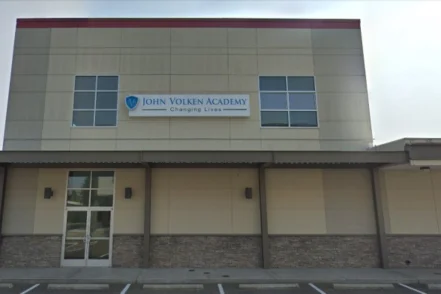
John Volken Academy Seattle
921 N. Central Ave. Kent
Seattle, Washington 98101Treatment Programs
- Alcohol Rehab
- Opioid Addiction
- Drug Rehab
- +4
Insurance
- Free
-
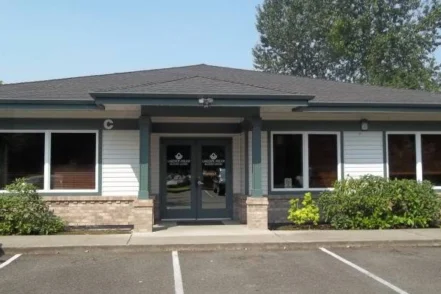
Lakeside Milam Recovery Centers Outpatient Auburn
721 45Th Street Ne, Suite C
Auburn, Washington 98002Treatment Programs
- Alcohol Rehab
- Dual Diagnosis
- Opioid Addiction
- +5
Insurance
- Private insurance
- Self-pay options
-
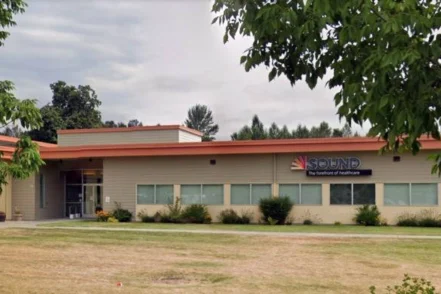
Sound Mental Health Auburn Way North
4238 Auburn Way North
Auburn, Washington 98002Treatment Programs
- Dual Diagnosis
- Young Adult Rehab
- Adult Program
- +3
Insurance
- Medicaid
- Private insurance
- +4
-
Creative Change Counseling Center
4210 Auburn Way North, Suite 2
Auburn, Washington 98002Treatment Programs
- Drug Rehab
- Adult Program
- Young Adult Rehab
- +2
Insurance
- Medicaid
- Private insurance
- +2
-
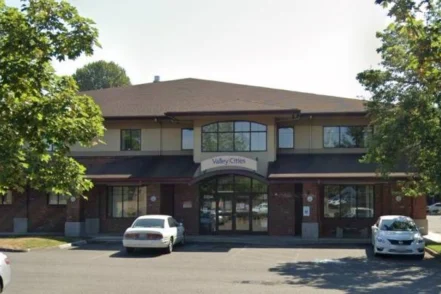
Valley Cities Counseling
2704 I Street Ne
Auburn, Washington 98002Treatment Programs
- Dual Diagnosis
- Young Adult Rehab
- Adult Program
- +5
Insurance
- Medicaid
- Private insurance
- +3
-
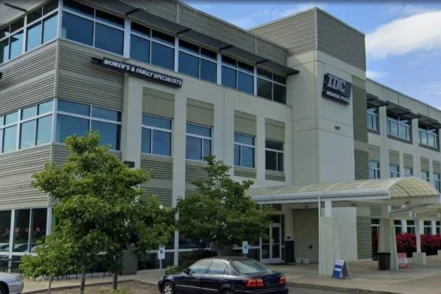
Evergreen Treatment Services Renton
1412 SW 43rd Street, Suite 140
Renton, Washington 98057Treatment Programs
- Alcohol Rehab
- Dual Diagnosis
- Opioid Addiction
- +4
Insurance
- Medicaid
- Private insurance
- +3
-
Northwest Recovery Centers
17600 Talbot Road South, Suite 3
Renton, Washington 98055Treatment Programs
- Alcohol Rehab
- Opioid Addiction
- Drug Rehab
- +4
Insurance
- Private insurance
- Self-pay options
- +3
Other Nearby Cities
Top Drug Rehab Centers in Washington
-
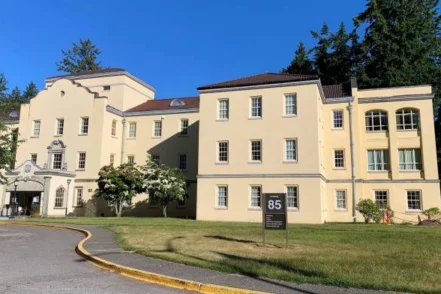 Washington
WashingtonVA Puget Sound Health Care System American Lake Division
9600 Veterans Drive Tacoma, Washington 98493
Treatment Programs
- Alcohol Rehab
- Dual Diagnosis
- Opioid Addiction
- +5
-
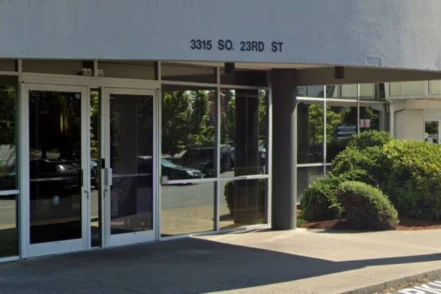 Washington
WashingtonLakeside Milam Recovery Centers Outpatient Tacoma
3315 South 23Rd Street, Suite 102 Tacoma, Washington 98405
Treatment Programs
- Alcohol Rehab
- Dual Diagnosis
- Opioid Addiction
- +5
-
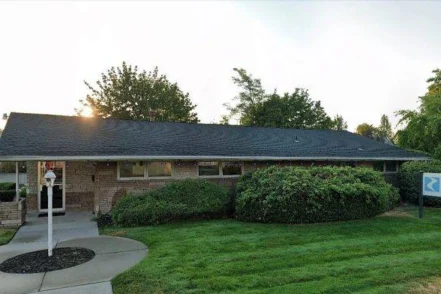 Washington
WashingtonRiverside Recovery Center Spokane
3710 North Monroe Street Spokane, Washington 99205
Treatment Programs
- Alcohol Rehab
- Dual Diagnosis
- Opioid Addiction
- +4
-
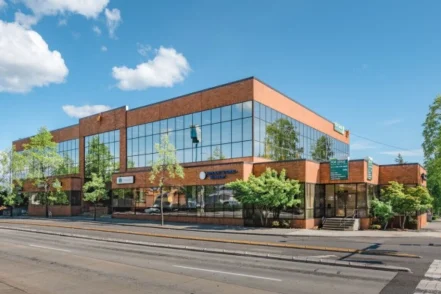 Washington
WashingtonThe Evergreen at Northpoint Northgate
2111 North Northgate Way, Suite 101 Seattle, Washington 98133
Treatment Programs
- Alcohol Rehab
- Dual Diagnosis
- Opioid Addiction
- +5
-
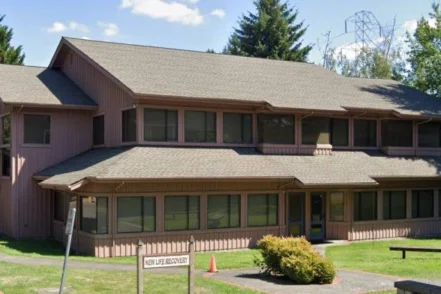 Washington
WashingtonNew Life Recovery Solutions Bellevue
12330 Ne 8th Street, Suite 100 Bellevue, Washington 98005
Treatment Programs
- Alcohol Rehab
- Opioid Addiction
- Drug Rehab
- +4
-
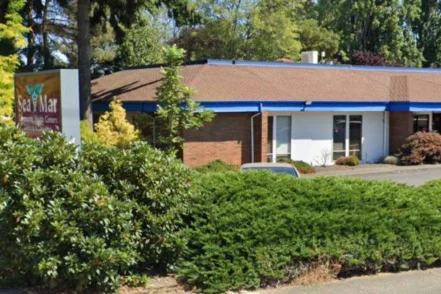 Washington
WashingtonSea Mar Community Health Centers Tacoma
2121 South 19th Street Tacoma, Washington 98405
Treatment Programs
- Alcohol Rehab
- Dual Diagnosis
- Opioid Addiction
- +4
-
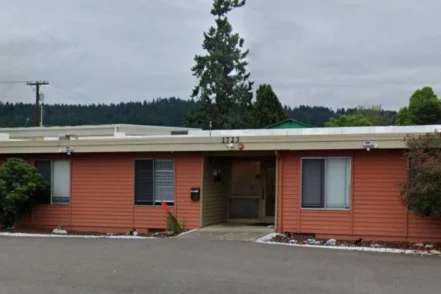 Washington
WashingtonRoyal Life Centers at Puget Sound
1723 Bonney Avenue Sumner, Washington 98390
Treatment Programs
- Alcohol Rehab
- Dual Diagnosis
- Opioid Addiction
- +5
-
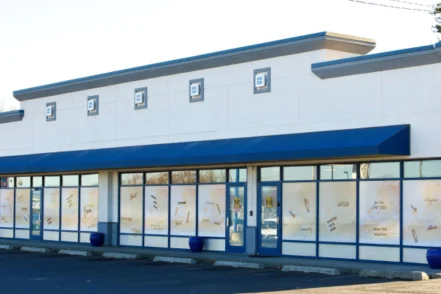 Washington
WashingtonRoyal Life Centers at Spokane Heights
524 East Francis Avenue Spokane, Washington 99208
Treatment Programs
- Alcohol Rehab
- Dual Diagnosis
- Opioid Addiction
- +5
-
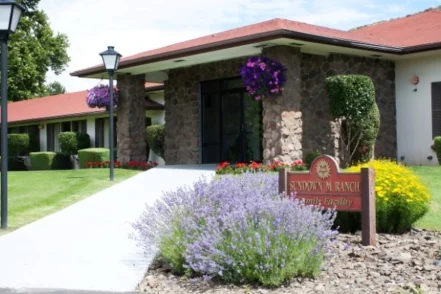 Washington
WashingtonSundown M Ranch
2280 State Route 821 Yakima, Washington 98901
Treatment Programs
- Alcohol Rehab
- Dual Diagnosis
- Opioid Addiction
- +6
-
 Washington
WashingtonEvergreen Treatment Services Renton
1412 SW 43rd Street, Suite 140 Renton, Washington 98057
Treatment Programs
- Alcohol Rehab
- Dual Diagnosis
- Opioid Addiction
- +4
-
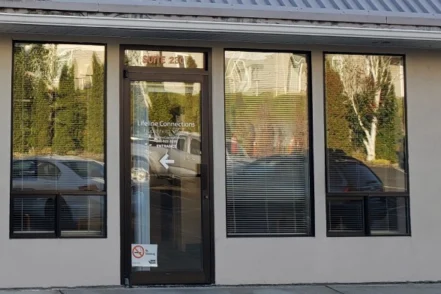 Washington
WashingtonLifeline Connections Bellingham Office
4120 Meridian St, Suite 220 Bellingham, Washington 98226
Treatment Programs
- Dual Diagnosis
- +-2
-
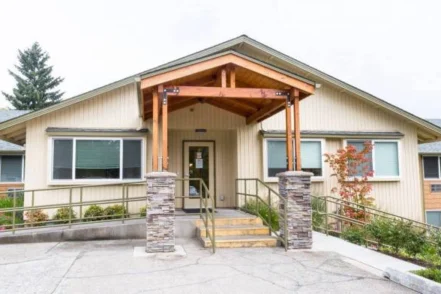 Washington
WashingtonThe Recovery Village Ridgefield South Hillhurst Road
888 South Hillhurst Road Ridgefield, Washington 98642
Treatment Programs
- Alcohol Rehab
- Dual Diagnosis
- Opioid Addiction
- +5
-
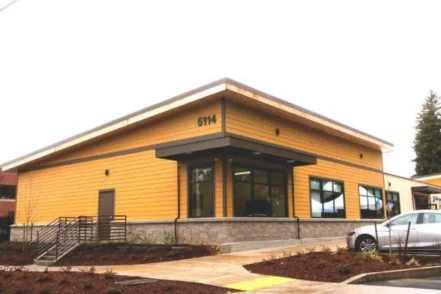 Washington
WashingtonThe Recovery Village Ridgefield Detox Center
5114 NE 94th Ave Vancouver, Washington 98662
Treatment Programs
- Alcohol Rehab
- Dual Diagnosis
- Opioid Addiction
- +4
-
 Washington
WashingtonIntercept Associates
30620 Pacific Highway South, Suite 107 Federal Way, Washington 98003
Treatment Programs
- Alcohol Rehab
- Dual Diagnosis
- Opioid Addiction
- +4
-
 Washington
WashingtonFree by the Sea Ocean Park
25517 Park Avenue Ocean Park, Washington 98640
Treatment Programs
- Alcohol Rehab
- Dual Diagnosis
- Opioid Addiction
- +4
